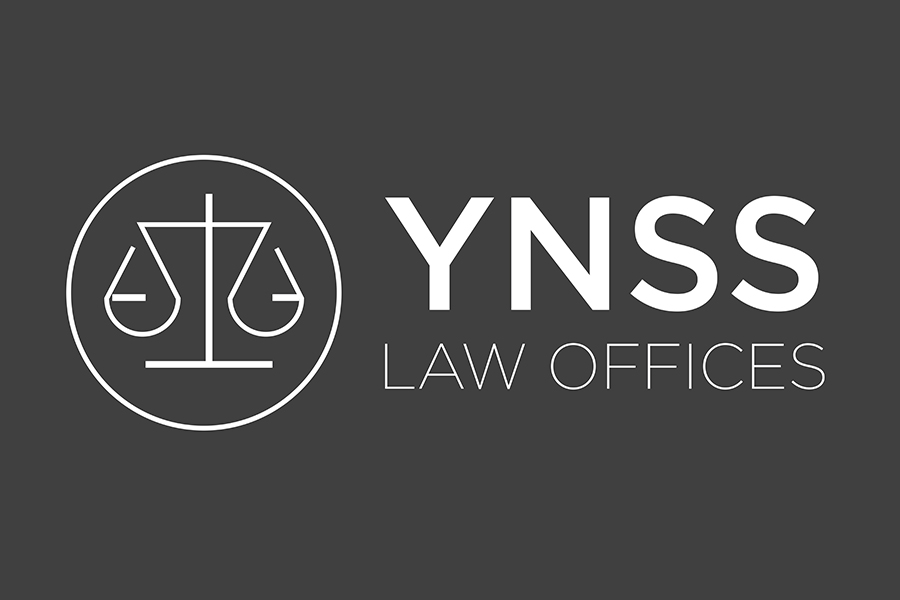Investors must safeguard themselves from potential disputes arising between founders by having a strong encompassing agreement in place that foresees all possible scenarios
Success stories headlining large fundraises and skyrocketing valuations of startups lead many to presume they are functioning like clockwork and the founders are in sync, working harmoniously together towards achieving their common goals.
However, simmering under the radar of these success stories may be festering rivalries and power plays that can potentially derail a company’s growth trajectory and adversely impact investors in the process. Before investing, investors should carry out due diligence on the relationship between co-founders with the same deliberation that they use to look at the company, if not more, and proceed only if reassured that their investment is in safe hands. Any inkling of disconnect between founders is a red flag. Most investors assume that founders will always act as a single entity. This is understandable, as founders are always expected to act in unison with a common interest towards ensuring the success of their company and providing investors good returns.

Founder and partner YNSS Law Offices
Tel: +91 98336 69693
Email: nitu.agarwal@ynsslawoffices.com
However, there is always the possibility of discontent or conflict between founders that does not come to the fore, or that develops subsequently. This can often be the startup’s best kept secret. In recent times, few feuds have become public and those that do are exceptions. Most often, they simply lead to one founder exiting silently.
The cause for such disputes could be anything from wide-ranging powers and rights being given to one founder over others; to one founder being sidelined; or just plain trust or communication issues. Whatever the underlying cause, the dynamics between founders could be at stake if one of them is disgruntled, which could in turn jeopardise the future of the company.
Being prepared
To avoid such a scenario, agreements between founders assume a great significance. These agreements need to clearly define the role, responsibilities, rights, obligations, restrictions and consequences of breach of each founder separately, without room for ambiguity.
The objective of drafting the agreement must be that it acts as a “bible” to understand the relationship between the founders themselves, not just between founders and investors. Should any difference of opinion arise in any aspect in relation to their rights and duties towards the company and each other, the agreement should clarify a solution. The onus is on counsel appointed by the startup to ensure the agreement covers all grounds.
Despite a well-drafted agreement that clearly defines the role and responsibility of each founder, disputes sometimes crop up with the founders unable to resolve their issues. This often happens when there is a complete breakdown in the relationship. In such a scenario, there is always the option to provide an exit for a founder willing to accept one.
Ideally, the investors would not expect any founder to exit without first ensuring fair returns for their investment. In the interest of the company, however, the agreement should factor dispute situations and enable a founder to exit without adverse consequences for other stakeholders.
The agreement should clearly set out exit scenarios for founders and a mechanism for calculating the exit price and process for exit in each of these scenarios. These situations could be forced or voluntary. Such provisions initially appear highly theoretical, and founders tend to not give them the importance they deserve. But should a dispute arise, they could end up being critical.
Mediation is the way
The situation becomes trickier when an exit is not an option, or the disputing founder simply does not intend to leave the company.
In such a case, before any dispute resolution provision is invoked, it is advisable for the founders to consider mediation in the interest of the company. Mediation is a voluntary binding process in which an impartial third party aims to settle disputes between the parties.
The entire process is confidential, avoiding the risk of it becoming public. The resolution is also fast, and business can go on as usual. If mediation fails, then the agreement should preferably provide for institutional arbitration with recourse to the courts for any urgent relief. Institutional arbitration is to be preferred as it is likely to be completed expeditiously.
Ultimately, the founders have to be committed to finding a solution based on shared interest. No process will have any teeth unless the founders keep the interests of the company above their own personal feuds.

Ground Floor, Firdous Apartment
Waroda Road, Bandra
Mumbai – 400 050, India
www.ynsslawoffices.com



























